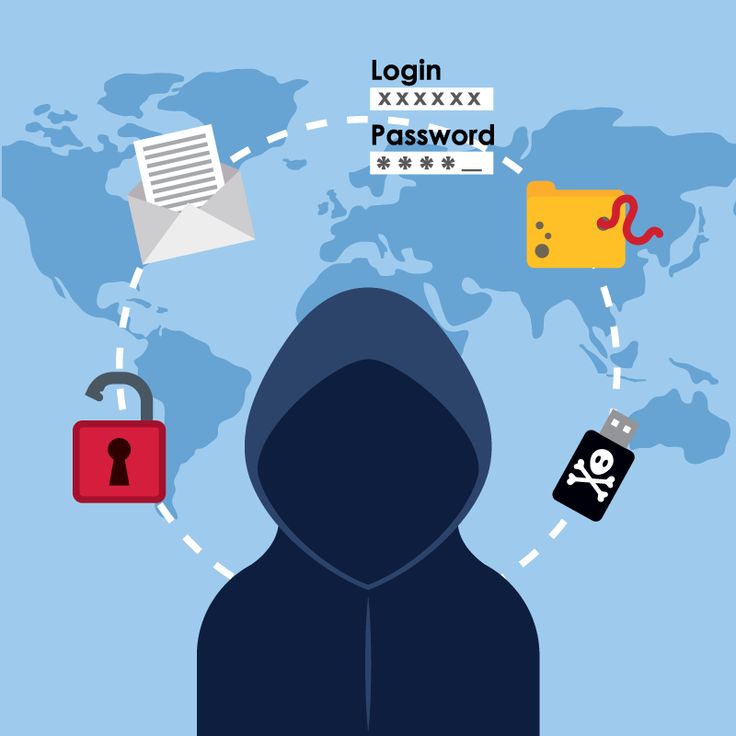In today’s connected world, safeguarding your online reputation is essential to preventing data breaches, theft of your identity, and unauthorized utilization of your personal data. The following are essential tactics to protect your digital identity:
Employ Robust, Distinct Passwords:
Make sure your account passwords are strong enough by using a combination of capital and lowercase characters, numbers, and symbols.
Don’t use information that can be guessed, such birthdays or everyday terms.
Put into use two-factor authentication (2FA).
To provide your accounts an additional degree of security, enable 2FA wherever you can.
This usually requires not just inputting your password but also getting a one-time code by email or your mobile device.
Change Passwords Often:
Frequently change your passwords, especially for services that are important like social media, email, and banking.
Utilize a safe password organizer to create and
save complicated passwords in storage.
Use Personal Information Caution:
Restrict how much of your personal information you post online, especially on social media.
When completing online forms, use caution and only enter information that is required.
Protect Your Electronics:
On your devices, use biometric authentication, PINs, or strong passwords.
Update your apps, operating systems, and antivirus software with the most recent security updates.
Secure Your Information:
Turn on encryption on your gadgets to safeguard your information from loss or illegal access.
When communicating sensitive information, use encrypted messaging services.
Watch Out for Phishing Attempts:
Any unusual calls, emails, or texts asking for personal information should raise suspicions.
Check the authenticity of requests by getting in touch with the company directly using its official contact information.
Keep an eye on your accounts:
Review your finances on a regular basis.
checks for any questionable behavior in credit reports, internet accounts, and statements.
Create account alerts to be notified of any transactions or odd activity.
Employ Secure Wireless Networks:
Except in cases when you utilize a VPN, which is a virtual private network, to encrypt your connection, stay away from critical activity over public Wi-Fi.
Make sure that your residence’s Wi-Fi network is secure by using encryption and a strong password.
Update Software Frequently:
Update all of your apps, operating system, and antivirus software to address vulnerabilities.
Whenever feasible, turn on automatic updates.
Examine the permissions for the app:
Check the permissions your apps have been given on a regular basis.
Eliminate any superfluous permissions that can jeopardize your privacy.
Make a data backup:
Make sure you often backup your critical data to a secure online provider or an external hard drive.
Should a security event occur, you
can recover your data without having to pay the ransomware or risk losing important data.
Learn for Yourself:

Keep up with the latest security best practices and prevalent cyberthreats.
Keep up with the most recent con games and social engineering techniques employed by online fraudsters.
Shred confidential papers:
Before throwing away physical papers containing sensitive information, shred them or dispose of them safely.
Both your digital and physical identities should be protected.
Make Use of Identity Protection Services
Think about utilizing identity protection services, which keep an eye out for any indications of abuse or illegal access to your personal data.
